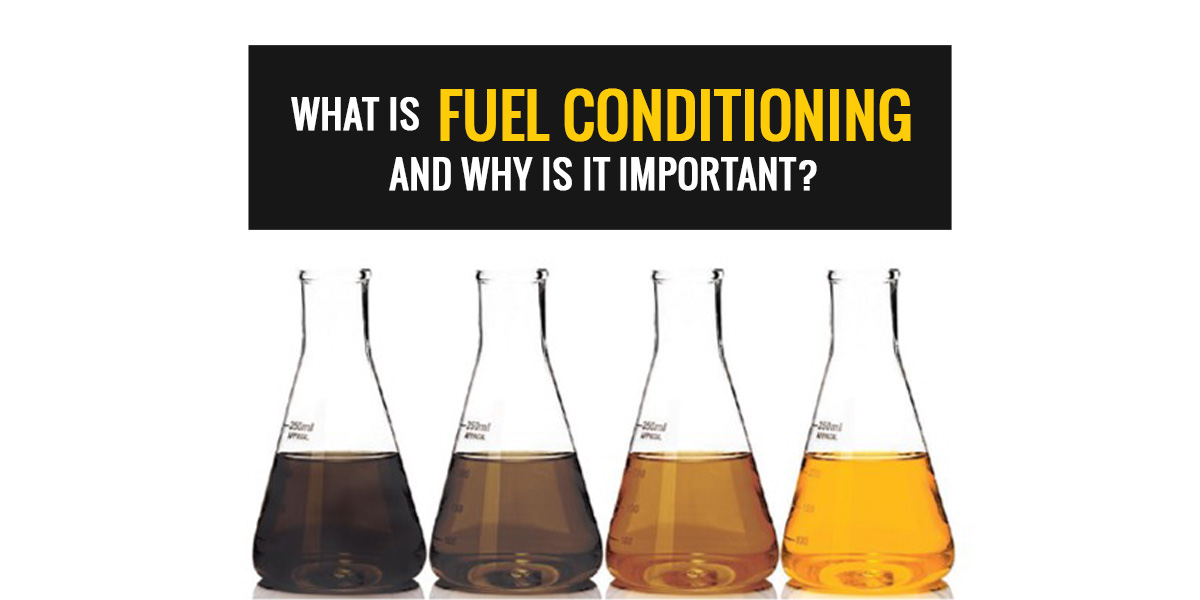
 Just like the parts of your machine’s engine, its fuel plays a key role in its performance. Fuel gas conditioning is an essential part of owning and operating a variety of equipment pieces, ranging from generators to construction equipment.
Just like the parts of your machine’s engine, its fuel plays a key role in its performance. Fuel gas conditioning is an essential part of owning and operating a variety of equipment pieces, ranging from generators to construction equipment.
Gas is highly flammable — converting it into usable fuel means processing it is necessary. With the right processing, your fuel becomes safe and efficient, reducing hazards and operating expenses.
Let’s look at how gas conditioning and maintenance can help you optimize your fuel use across your operations.
“Fuel gas” is the term for fuels derived from natural gas, petroleum, and other gaseous sources. Typically, it refers to natural gas fuels, the most common type of gaseous fuel. Fuel gas is made up of hydrocarbons like methane or propane, along with other gases like hydrogen and nitrogen.
Fuel gas is used everywhere, from cooking and electricity generation to industrial processes. A wide range of industries rely on clean fuel gas to power their engines, turbines, and furnaces.
Fuel conditioning — also called gas conditioning or fuel gas conditioning — is a process that treats natural gas fuel, removing impurities that can affect efficiency. All natural gas fuel requires conditioning to remove impurities and natural gas liquids. With conditioning, fuel can meet regulations and work efficiently. It’s important to condition gas before transportation and before generator use to keep it safe and effective.
Fuel conditioning involves:
These processes help improve efficient combustion, reduce emissions, and prevent equipment damage.
While the purpose of fuel conditioning is to prepare fuel for combustion, it has several other benefits. If you want to keep your equipment in good condition, you need to invest in fuel conditioning. Here are all the ways fuel conditioning can benefit your equipment:
Fuel needs conditioning before it can undergo combustion. Fuel impurities can damage equipment, such as engine misfires, stalls, and shutdowns. If your fuel is inefficient, you’ll use up more of it, increasing your expenses and creating more pollution. With fuel conditioning filtering and additives, you can protect equipment from low-quality fuel.
Additionally, fuel might be too rich or unsuitable for your specific system. Conditioning the fuel can make it work efficiently in your specific system. Without conditioning, your fuel will not meet manufacturer requirements, leading to equipment damage and poor performance. If you want to avoid excess contaminants, poor performance, and increased pollution, you need to invest in fuel conditioning.
Fuel conditioning should be a routine part of your equipment maintenance plan, and you want to enlist the right person to complete the job. It’s important to choose a professional service for your fuel conditioning, especially because fuel quality is largely the basis of your machine operations.
Trained technicians have the skills and tools needed to inspect and condition fuel tanks carefully. They’ll examine your equipment’s fuel tanks and evaluate the contaminants and sludge in the tank and fuel before moving forward with the fuel conditioning process.
With a professional’s expertise, you can enjoy filtered, conditioned fuel, improving equipment life span and fuel efficiency.
Fuel conditioning and maintenance go hand-in-hand. If you want to get the most out of your machine’s engine, you need to invest in both. Fuel conditioning focuses on preparing your fuel for optimal performance. Fuel maintenance, however, is the regular care and monitoring of your fuel to prevent degradation and protect quality.
Here’s what fuel maintenance involves and how it protects your equipment:
Whether you’re in need of a general fuel inspection or complete fuel maintenance and conditioning, Thompson Power Systems can assist through out Thompson Fuel Solutions service. We understand the importance of reliable, efficient generator systems. Our technicians will work with you to maintain your fuel quality and prevent costly repairs.
Our Total Solution Preventative Maintenance Program offers a comprehensive solution to your fuel maintenance needs. With our tailored program, you can enjoy minimized downtime and maximized efficiency. Get everything from sampling and lab analysis to cleaning and repair with Thompson Power Systems.
Alongside high-quality, reliable preventive maintenance services, we offer new, used, and rental power systems from Cat®, so you can select the right machine for your needs. With expert product support and parts, we have you covered. Find a location near you today to get started!